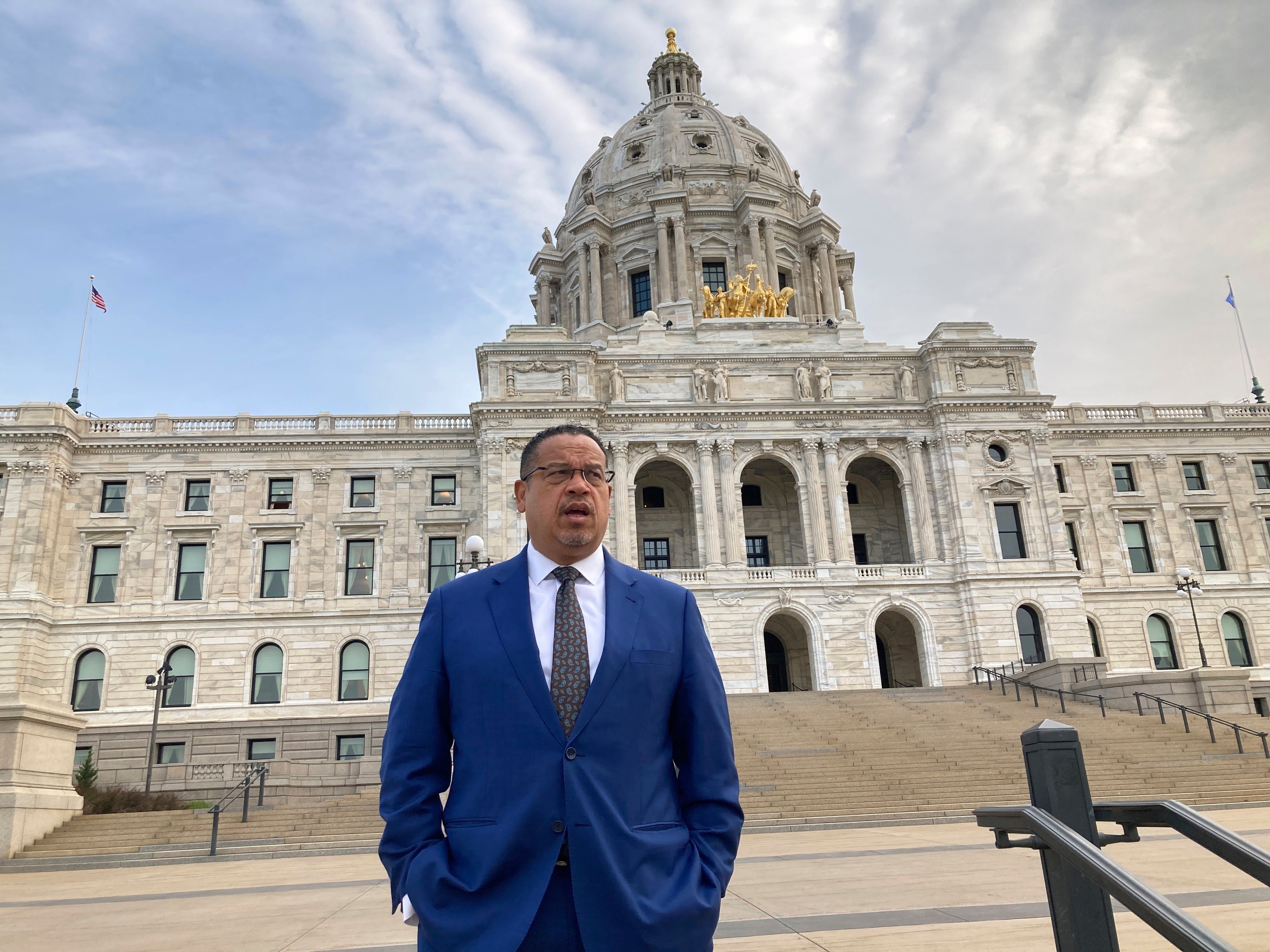Gov. Tim Walz Addresses Rumors of Pardon for Derek Chauvin: What Minnesotans Need to Know

The possibility of a presidential pardon for Derek Chauvin has ignited widespread debate and concern across Minnesota. With the fifth anniversary of George Floyd's death approaching, state officials, including Governor Tim Walz, are taking steps to address public concerns and clarify the legal realities surrounding the situation. This article explores the latest developments, Gov. Tim Walz's position, and what a potential pardon could mean for both Derek Chauvin and the state of Minnesota.
Gov. Tim Walz and the Pardon Rumors: Setting the Record Straight
In recent weeks, rumors have circulated about the potential for President Donald Trump to pardon Derek Chauvin, the former Minneapolis police officer convicted in the murder of George Floyd. Gov. Tim Walz responded by emphasizing that the state is prepared for any eventuality, but as of now, there is no indication from the White House that a pardon is imminent. Walz stated, "If Donald Trump exercises his constitutional right to do so, whether I agree — and I strongly disagree with him — if he issues that pardon we will simply transfer Derek Chauvin to serve out his 22-and-a-half years in prison in Minnesota."
For a detailed report on Gov. Walz's comments and preparations by Minnesota agencies, visit the Star Tribune's coverage of the situation.
What Would a Federal Pardon Actually Mean?
A key point of confusion surrounds the legal impact of a federal pardon for Chauvin. State Attorney General Keith Ellison clarified that even if President Trump were to pardon Chauvin for his federal conviction, the state conviction and sentence would remain in force. This means that Chauvin would simply be transferred from federal to state custody to serve out the remainder of his Minnesota sentence. As Ellison stated, "Trump has no power to pardon Chauvin’s state conviction. None. A pardon of Chauvin’s federal conviction would return him to Minnesota to serve the rest of his sentence in state prison."
The same assurance was echoed by Minneapolis Community Safety Commissioner Toddrick Barnette, who confirmed that plans are in place to maintain security and order regardless of any potential developments. You can find more insights about state and city preparations in KSTP's detailed analysis.
Political and Community Reactions
The rumors around a potential pardon have drawn strong reactions from both political leaders and the community. Supporters of former President Trump, including notable figures like Rep. Marjorie Taylor Greene, have openly called for Chauvin’s release. However, Minnesota's leadership remains united in their message that any such pardon would not lead to Chauvin's freedom, given his existing state convictions.
For a look at how national figures and commentators have influenced the debate, see The Independent’s report.
The Broader Impact on Minnesota
Minnesota officials, including Gov. Tim Walz, have been careful to prepare for any civil unrest that could arise if a pardon were granted. These efforts include overhauling emergency management plans, increasing community outreach, and monitoring public sentiment. The state's approach underscores their commitment to upholding the rule of law and maintaining public safety.
Despite widespread rumors and political debate, the legal pathway remains clear: A federal pardon would not free Derek Chauvin as long as his state sentence stands. Chauvin’s anticipated release from state custody is not until December 2035, followed by years of supervised release.
Conclusion
The topic of a potential pardon for Derek Chauvin continues to stir strong emotions across Minnesota and the nation. Through clear communication and preparation, Gov. Tim Walz and state officials aim to dispel misinformation and ensure the public understands the legal implications involved. As the fifth anniversary of George Floyd’s death approaches, it remains crucial to rely on verified information and to stay engaged with updates from trusted sources.
For continuous coverage on this evolving story, follow the latest updates from trusted local and national news outlets.